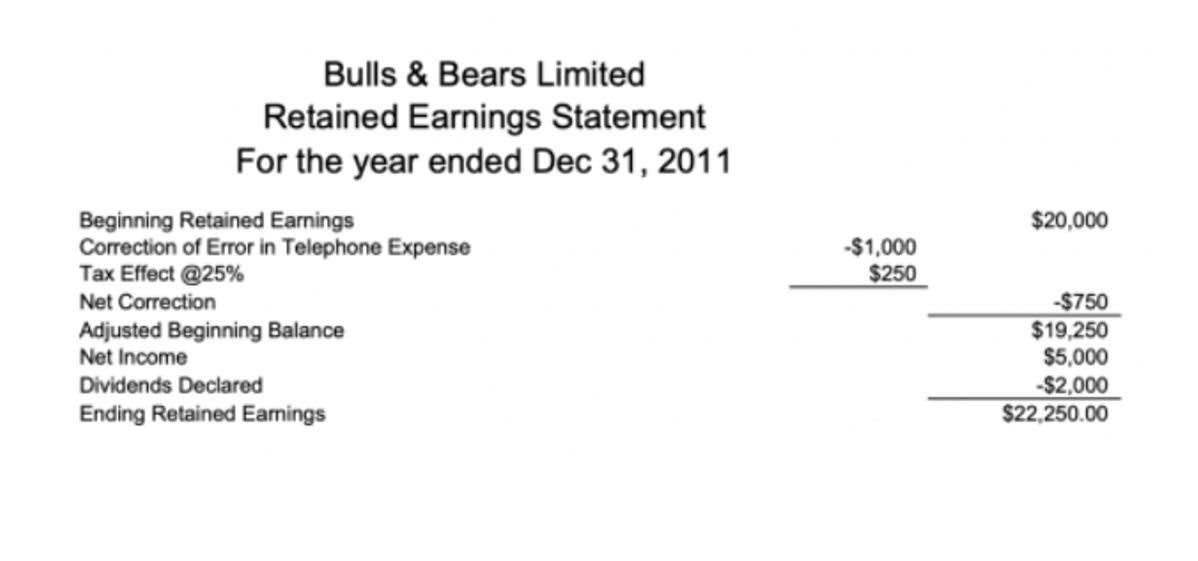
It is a common practice in professional service industries such as online subscriptions, marketing plans, online tutoring, and airline tickets. In the beginning, when the company accepts cash for revenue, it is recognized as a liability with https://www.bookstime.com/articles/kpmg-spark a corresponding entry to increase cash or bank. This is the cash received by the seller or the company, but they have not yet performed their duties, or their performance is not satisfied by the customer yet. Some industries also have strict rules around what you’re able to do with deferred revenue. For example, most lawyers are required to deposit unearned fees into an arms-length IOLTA trust account.

Journal Entries for Deferred Revenue

Proper treatment of unearned revenue ensures that financial records accurately reflect a company’s financial position. Unearned revenue in accounting represents advance payments received from customers for goods or services yet to be delivered. Properly recording these transactions is essential to maintaining accurate financial statements and ensuring compliance with accounting standards. This practice helps businesses manage their cash flow and plan for future revenue recognition. Unearned revenue, also known as deferred revenue or prepaid revenue, refers to the payments received by a company for goods or services that are yet to be delivered or provided.
Journal entries related to unearned revenue
Read testimonials and reviews from our customers who have achieved their goals with Baremetrics. Discover how businesses like yours are using Baremetrics to drive growth and success. Have an idea of how other income statement SaaS companies are doing and see how your business stacks up.
Free Course: Understanding Financial Statements
- Certain industries have unique considerations when it comes to unearned revenue and the treatment of advance customer payments.
- In addition, deferred revenue improves financial transparency, helping investors and analysts assess future business potential.
- ABC Co. receives a $10,000 advance through its bank account from a customer, XYZ Co., for future sales.
- Since you haven’t delivered on all the website support throughout the year yet, you should classify the support fee separately in your contract, and only recognize that revenue as you earn it.
- Since the actual goods or services haven’t yet been provided, they are considered liabilities, according to Accountingverse.
This approach helps in accurately reflecting the financial performance and obligations of the company over the duration of the project. Most accounting software allows you to create an unearned revenue account and record unearned revenues are transactions accordingly. It’s crucial to update this account as goods or services are delivered and revenue is earned. Unearned revenue refers to the money small businesses collect from customers for their products or services that have not yet been provided.
- Although the concept of unearned income is widely used; it comes with some disadvantages as well.
- You can often find yourself receiving money long before you provide agreed-upon services or, conversely, providing services and then waiting for payment.
- As mentioned, accounting standards do not allow companies to record unearned revenues as income.
- This approach complies with the accrual basis of accounting and ensures accurate financial reporting under U.S.
Accounting double entry in the financial statements of the company:
Using deferred revenue is not just about accounting compliance—it provides businesses with an accurate picture of what a company has actually earned versus what it still owes customers. By matching revenue recognition with service delivery, companies create realistic financial projections that lead to more informed business decisions. Modern accounting standards like ASC 606 (U.S. GAAP) and International Financial Reporting Standards 15 reinforce this principle.

Deferred revenue and prepaid expenses are important concepts in accrual accounting. Entities can record advance payments received and made when dealing with long-term contracts. Unearned revenue, also known as unearned income, deferred revenue, or deferred income, represents proceeds already collected but not yet earned. Following the accrual concept of accounting, unearned revenues are considered as liabilities.
